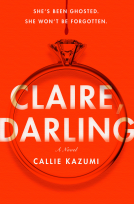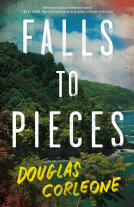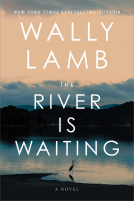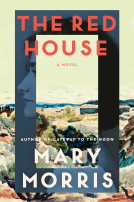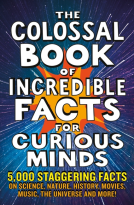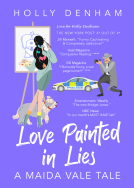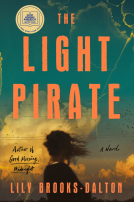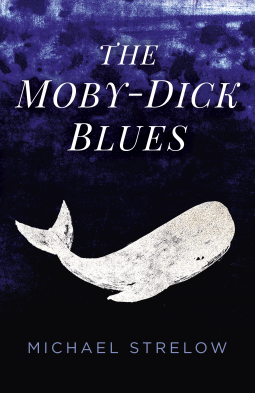
The Moby-Dick Blues
by Michael Strelow
This title was previously available on NetGalley and is now archived.
Send NetGalley books directly to your Kindle or Kindle app
1
To read on a Kindle or Kindle app, please add kindle@netgalley.com as an approved email address to receive files in your Amazon account. Click here for step-by-step instructions.
2
Also find your Kindle email address within your Amazon account, and enter it here.
Pub Date Mar 30 2018 | Archive Date Mar 30 2018
John Hunt Publishing Ltd | Roundfire
Talking about this book? Use #TheMoby-dickBlues #NetGalley. More hashtag tips!
Description
Arvin Kraft loves his complicated family, but they talk about him: how slow he is, how they need to share the burden of caring for him, how tired they all are. He hides in the walls of the family’s old house in Boston and listens to their laments. And he also discovers there a lead box of old papers. Slowly he reads them and finds they are the original manuscript of Melville’s Moby-Dick, long thought to have been lost in an 1850s fire at his publisher. The manuscript is valuable enough to save the family’s failing construction business if marketed properly. But Arvin wants more and Professor Thorne is the Melville expert who can help. Arvin and the professor take turns telling this tale with its lyric resonances of Moby-Dick, the specter of the curse of Ahab and strange deaths, and the scramble of greed as the manuscript becomes more valuable by the hour.
Advance Praise
...
The pages of The Moby-Dick Blues are like a veil through which the reader may
pass between the incantations of Melville and the songs of Strelow. Read and be
carried away.
Kim Stafford, author of 100 Tricks Every Boy Can Do
Available Editions
| EDITION | Paperback |
| ISBN | 9781785357015 |
| PRICE | £9.99 (GBP) |
Featured Reviews
Michael Strelow shook the very ground I walk on. Proposed that the original manuscript for Moby Dick, lost for countless years had resurfaced. What a find that would be. Discovered tucked away in an old house by a young man, Arvin Kraft. A sad young man. Undeserved contempt had been leveled at him throughout his God forsaken life. Shared an up close and personal relationship with abandonment. All based solely on his being just a little slow. Not retarded - a slow thinker. Slow reactor. Sad. This character-driven narrative guided me through the sorrowful failings of a family that seemed to find pleasure from discarding one of its own. This well-written storyline of blatant deceit concluded with a brilliant metaphor that danced in the dark with the ghost ship - Pequod.
No other family members knew that youngest brother Arvin spent considerable time sandwiched between the walls of their ancient home. His home away from home. His sanctuary. The only place where he could take refuge to escape his family's disdain. Free to covertly slither throughout the house and eavesdrop on conversations. One day, quite by accident, he discovered the original manuscript for the classic Moby Dick hidden deep inside the wall. At the time, its value to him, to the world - unknown.
To Arvin, the hidden treasure represented a new life. A new beginning. Anywhere else would do just so long as it took him away from his daily abuse. The further, the better. Knew he'd never be missed. Better to be alone than treated like a contagious disease. All he ever wanted was to be accepted. My stomach ached for him. Little did he know that its discovery would lead down a darkened road to a path of ruin. With a vengeance, the quest of fortune and fame had reared its ugly head with razor sharp fangs. For Arvin, it was too late to turn back. Wherever it took him, no matter what, he had to see his journey through.
Readers who liked this book also liked:
Jodi Picoult; Jennifer Finney Boylan
General Fiction (Adult), Literary Fiction, Women's Fiction
Nigel Henbest; Simon Brew; Sarah Tomley; Ken Okona-Mensah; Tom Parfitt; Trevor Davies; Chas Newkey-Burden
Entertainment & Pop Culture, Humor & Satire, Nonfiction (Adult)




